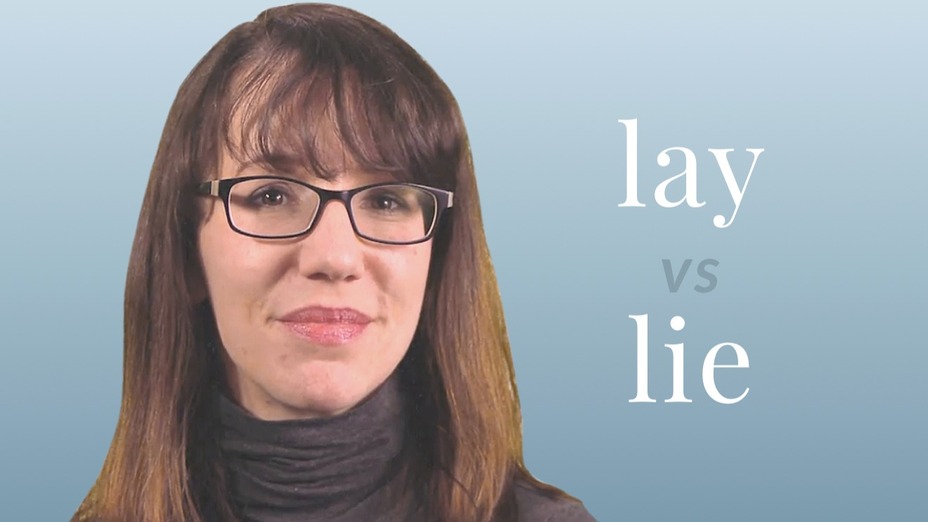lie low
phrase
1
: to lie prostrate, defeated, or disgraced
2
: to stay in hiding : strive to avoid notice
3
: to bide one's time : remain secretly ready for action
Love words? Need even more definitions?
Merriam-Webster unabridged










